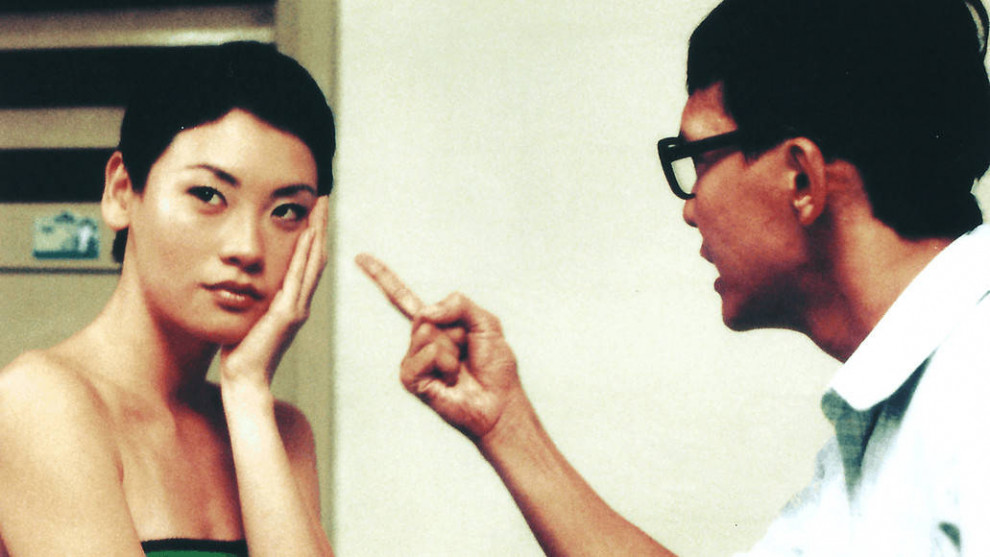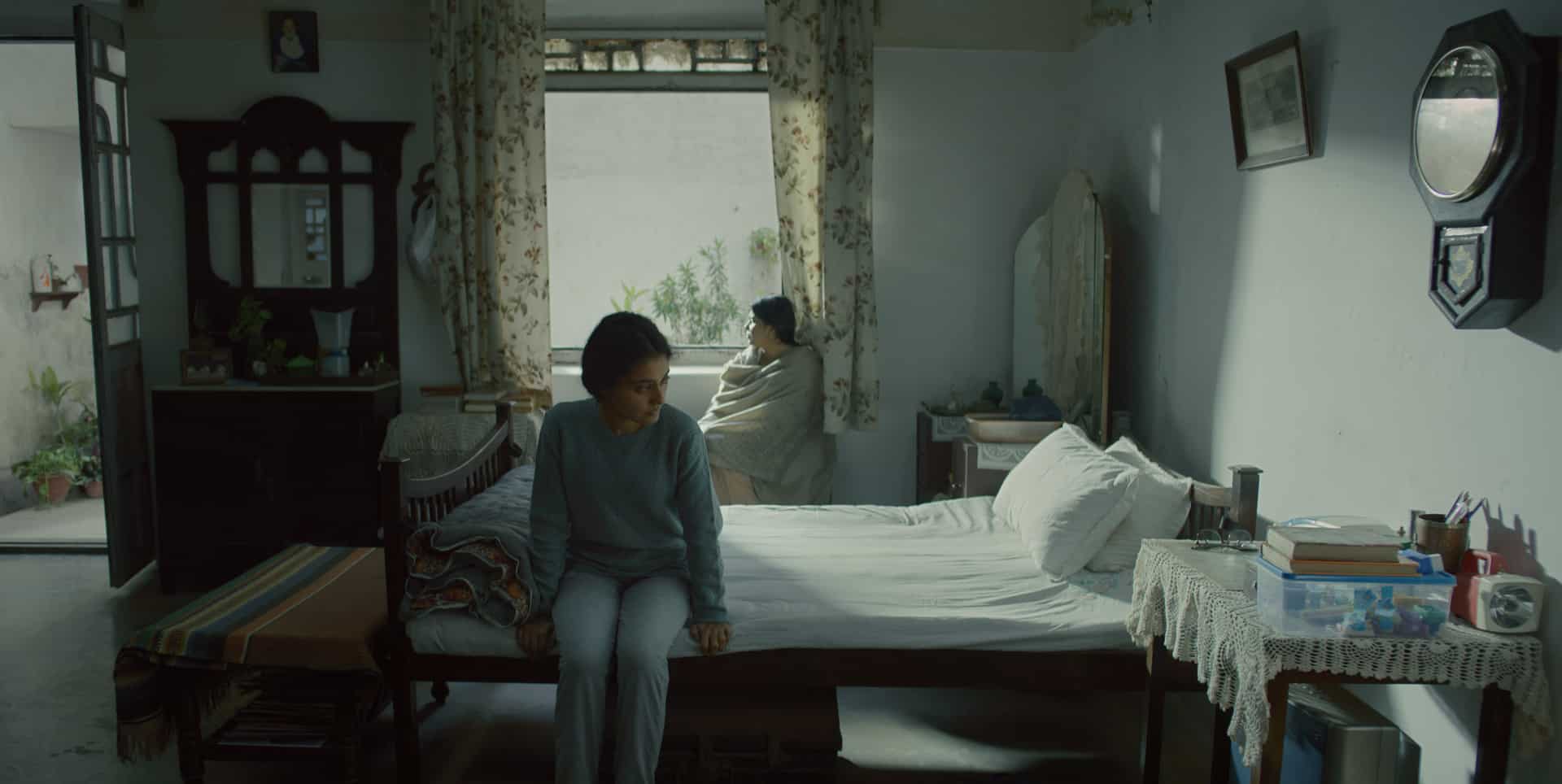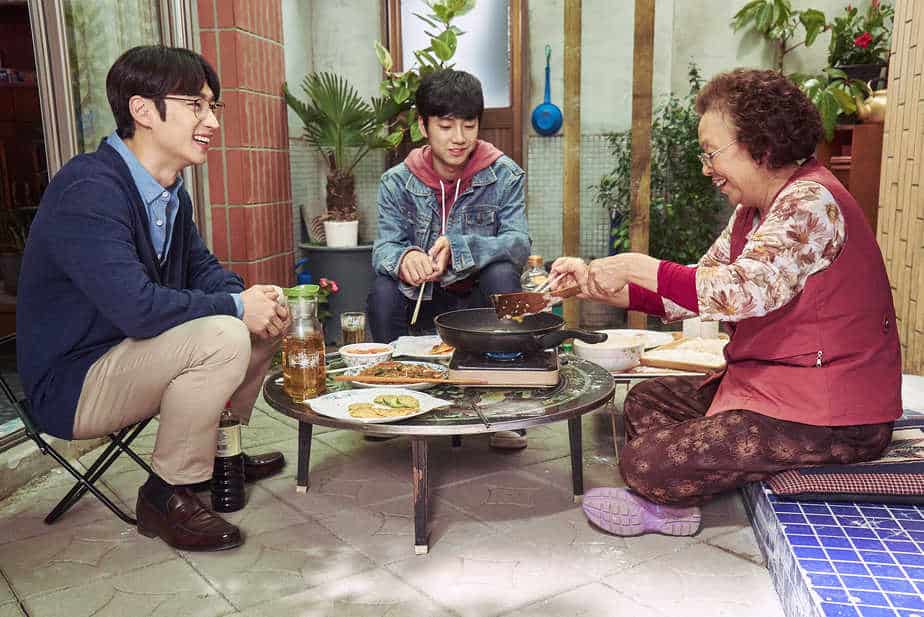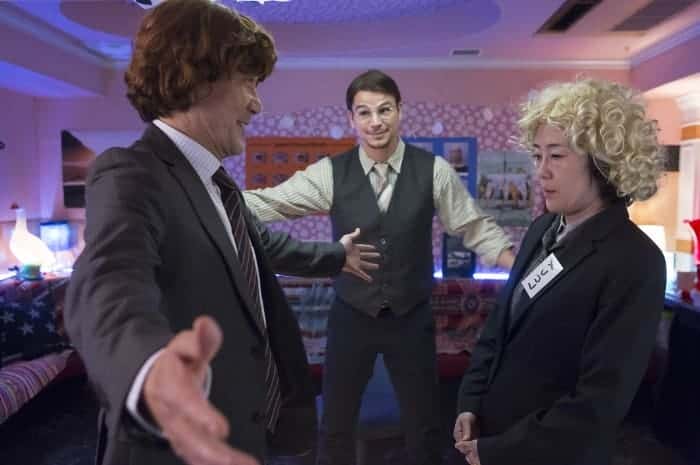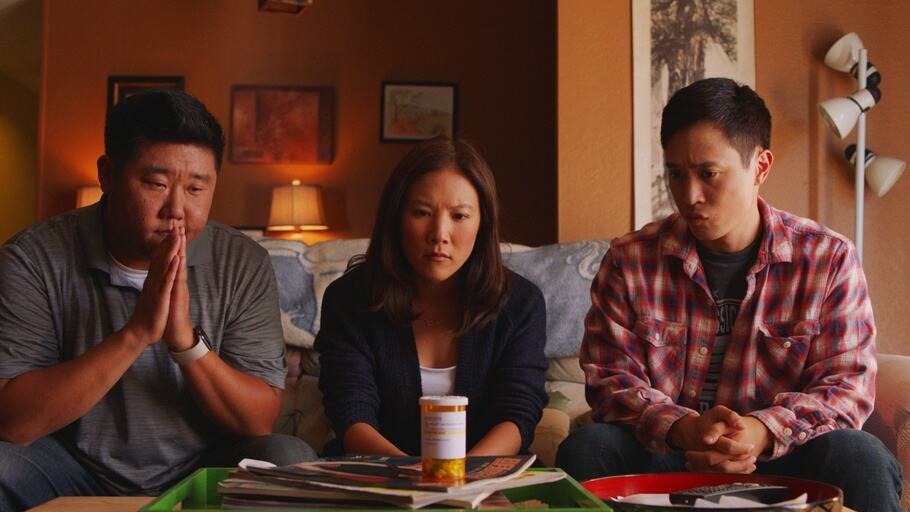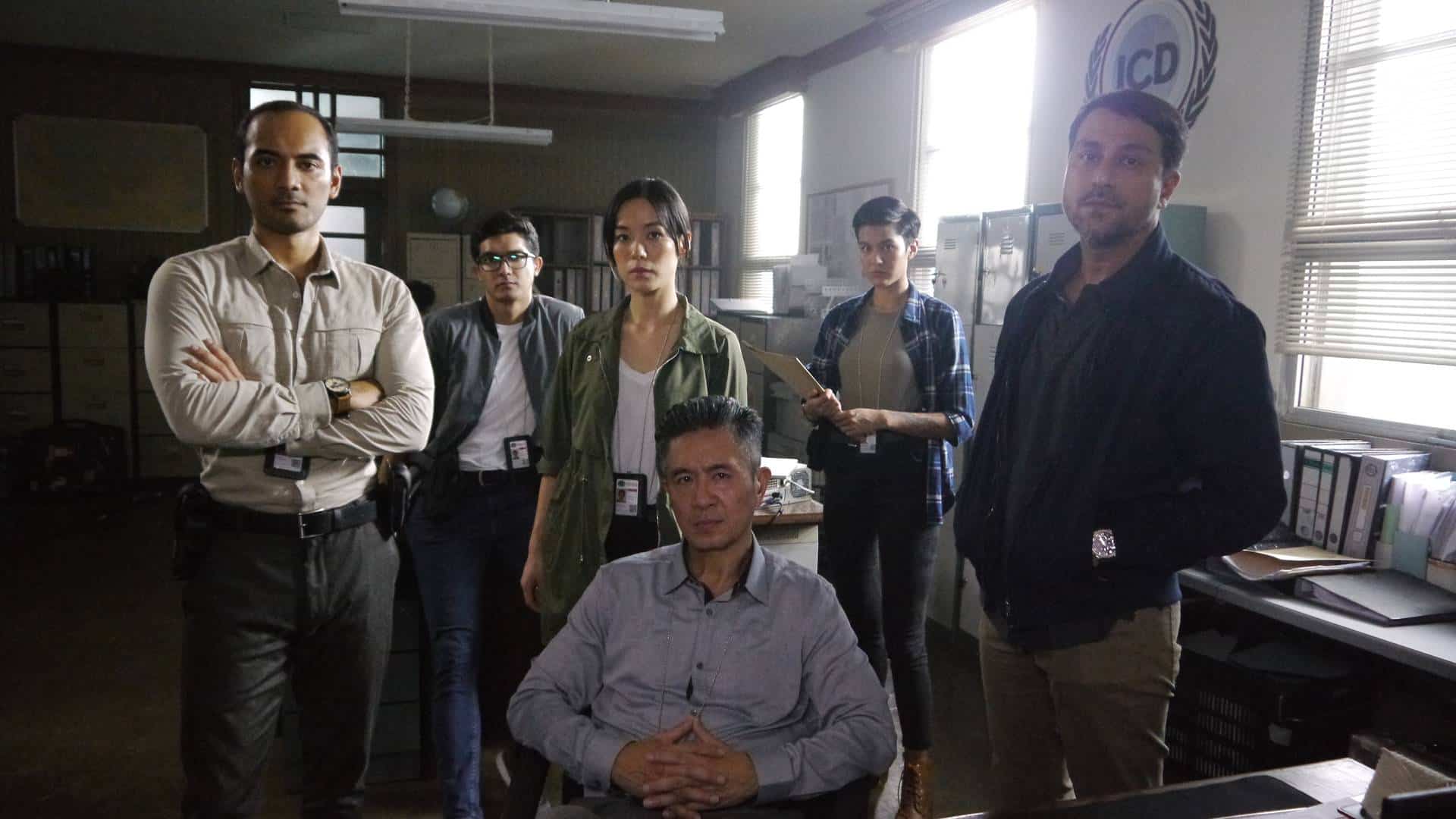The first film from Singapore to screen at Cannes (in the Un Certain Regard section, in 1997) and mentioned by the country's Ministry of Foreign Affairs as “widely regarded to have contributed to the revitalisation of local cinema”, “12 Storeys” is a great sample of Eric Khoo's cinema.
“12 Storeys” is screening at Vesoul International Film Festival of Asian Cinema
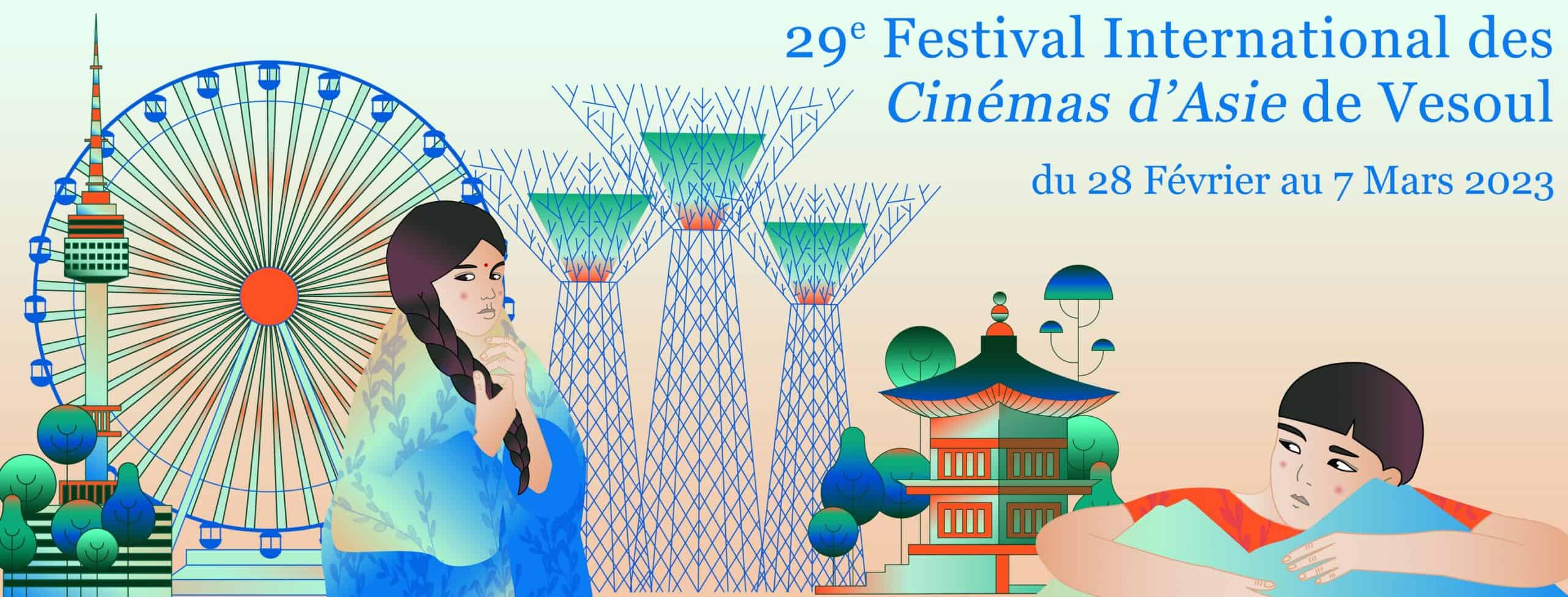
The script begins with the suicide of a young man who jumps from the 12th floor of his block of flats, and then introduces the three arcs that form the basis of the narrative, all revolving around inhabitants of the same building. The minor one focuses on San-san, an obese woman who lives alone, with her only social interaction being the constant nagging of her elderly mother, and also considers suicide. The second and most funny one deals with middle-aged Ah Gu, who has troubles with his Chinese bride, Lily, who does not hesitate to stress how she hates life in Singapore, despite the fact that the only thing she cares to do is enjoy herself in the city. Her behaviour, despite Ah-gu's timid reactions, eventually leads to a huge fight. The harshest one focuses on Meng, a young man who seems to be the embodiment of patriarchy and conservatism, who is charged with taking care of his younger siblings, hip and outgoing Trixie and little brother. When he discovers a condom in his sister's bag and meets her boyfriend, who proceeds on offering him prostitutes to relax, his rage unleashes.
Eric Khoo uses satire in order to present a rather thorough portrait of the then Singaporean society, with his characters functioning as archetypes of different types of people and situations. San-ans represents the alienation of the urban centers and the harsh importance people give to appearances. Ah-gu's arc satirizes the concept of the man as the main provider of the family, by including a wife who constantly wants more, in a metaphor for the materialism that dominates society. The arc also focuses on marital issues, while Khoo seems to make fun of the ideas people get in order to save their marriage, with having kids being the most common and the most wrong, in my opinion. Meng and his relationship with his sister represents the clash of the old and the new generation, highlighting the differences of values, which is presented in both hilarious (in the interaction with the boyfriend) and dramatic (in the inevitable clash) fashion. One could say that the character's are not analyzed much, but I think the focus of the film is on specific behaviors and circumstances, and in that fashion, Khoo simply uses his characters to present those.
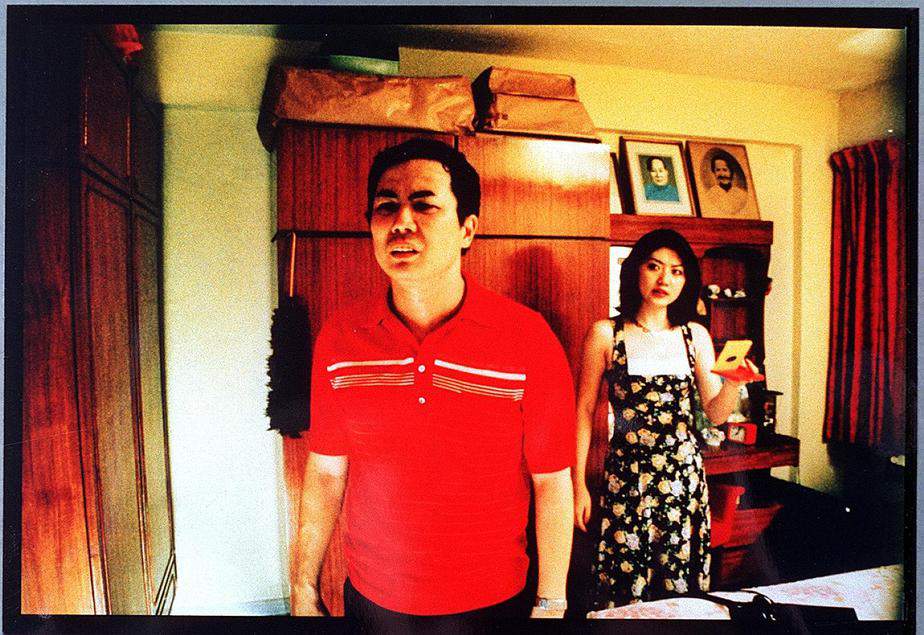
Although the movie is filled with an almost slapstick sense of humor, its base remains that of the drama, as all of the characters seem to be unsatisfied with their lives, and subsequently sad, but end up blaming the people around them instead of themselves.
Another evident trait of a number of the characters is that they are very annoying, particularly due to their nagging and almost constantly yelling, with the annoyance extending to the fact that the people they interact with do not seem to react to their awful behaviour, for the most part. San-san's mother, Ah-gu's wife and Meng must be some of the most annoying characters every to appear on screen, with Khoo presenting the fact as another part of his unusual sense of humor.
The acting on the film is on a very high level, with Khoo directing his actors towards completely different, but quite convincing, acting styles. Jack Neo as Ah-gu is quite funny as the recipient of the constant nagging and the denial for sex from Chuang Yi-fong, who plays his wife with an “annoying” feistiness. Lucilla Teoh as San-san has a silent part, communicating her sense of alienation and sadness with her overall posture. Constantly talking Koh-Boon-pin is exceptional as the brother on the power trip Meng, while the combination of stupification and enervation he emits during the interaction with his sister's boyfriend is the highlight of his performance. Gorgeous Lum May-yee also functions quite well as the recipient of her brother's nagging as Trixie, with the moment she finally reacts being one of the highlights of the film.
Ho Yoke-weng's cinematography complements the aesthetics of the production perfectly, with him focusing on a “playful realism” that makes the most of the apartments where most of the action takes place. Jasmine Ng Kin-kia's editing is somewhat faulty, since I felt that the film would benefit much from a fastest pace, as the premises for something like that are definitely there.
“12 Storeys” is a great sample of the contemporary life in Singapore in the 90s, presented through a rather humorous approach, which does not strip the film, however, of its dramatic impact at all.


